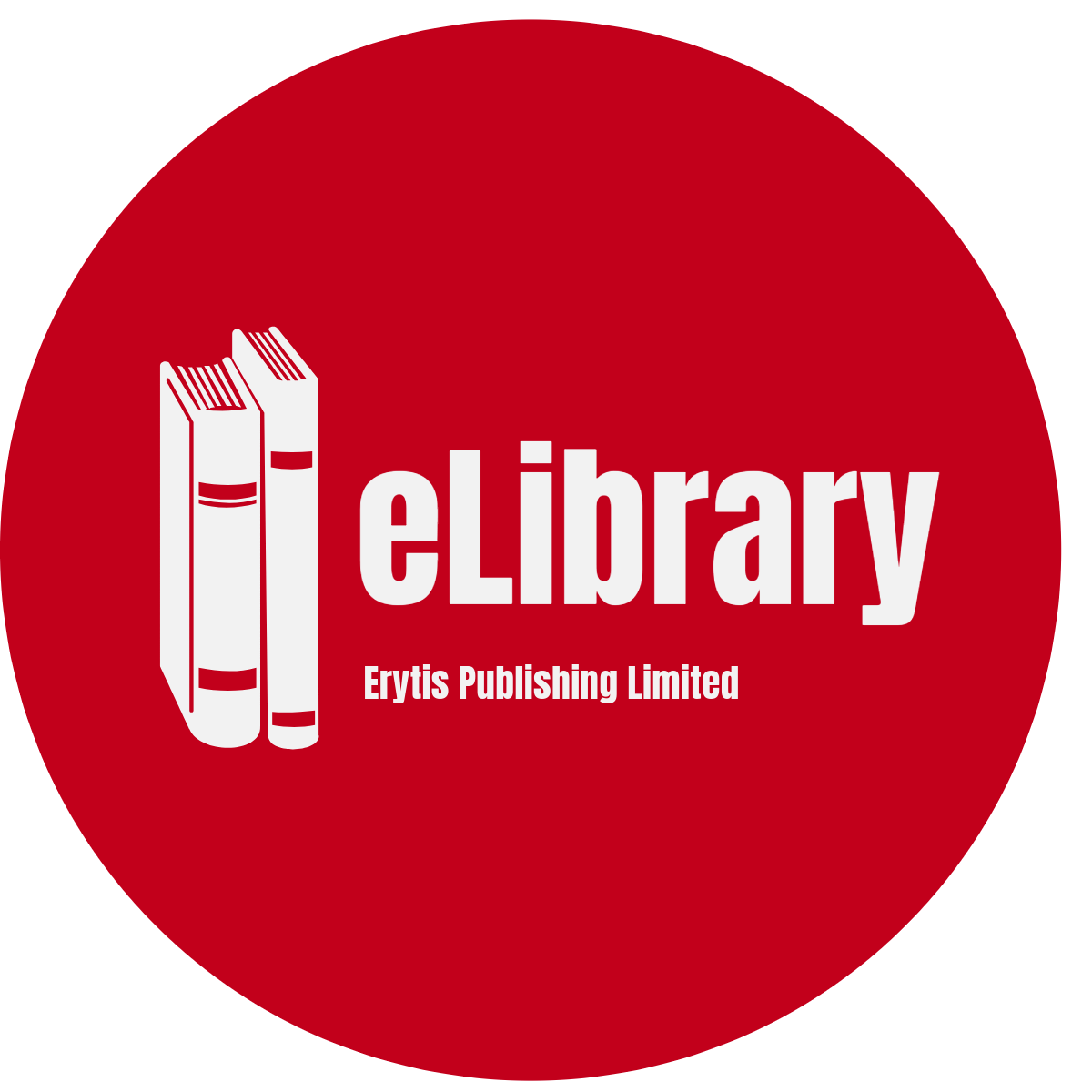

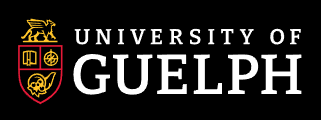
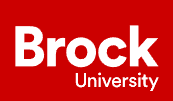
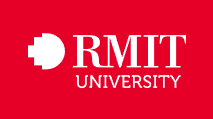
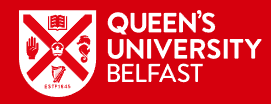

![]()
![]()




![]()
![]()
![]()
![]()


![]()
![]()


Current Issue
Publication Information: https://www.scilit.com/publishers/98817
Published paper title Search: https://search.crossref.org/
Articles
Journal of Computer Science and Frontier Technologies (JCSFT) ISSN Print: 3104-4204 ISSN Online: 3104-4212 is an international, peer-reviewed, open-access journal dedicated to advancing transformative research in computer science and cutting-edge technologies. The journal serves as a global forum for disseminating original innovations that bridge fundamental theories, applied technologies, and interdisciplinary solutions, driving progress toward next-generation computational paradigms.
Core Values
- Frontier Leadership: Accelerating breakthroughs in quantum computing, generative AI, and other disruptive technologies reshaping human futures.
- Open Science Commitment: Championing barrier-free knowledge sharing and reproducible research.
- Interdisciplinary Synergy: Fostering deep integration between computer science, engineering, natural sciences, and socio-technical systems.
Scope and Research Areas
JCSFT publishes high-impact research spanning all domains of computer science and emergent technologies, including but not limited to:
Fundamental Computer Science:
Algorithms and computational theory; computer architecture and hardware systems; software engineering methodologies; formal methods in system design.
Core Technology Innovations:
Artificial intelligence and machine learning (including LLMs and multimodal systems); quantum computing architectures; blockchain and decentralized systems; cyber-physical systems and robotics; extended reality (XR) and metaverse technologies.
Interdisciplinary Applications:
Data science and big data analytics; network security and privacy-preserving systems; bioinformatics and intelligent healthcare; sustainable computing and green technologies; Internet of Things (IoT) and smart infrastructure; educational technology and digital humanities.
Priority Areas:
- Generative AI and foundation models
- Post-quantum cryptography
- Neuromorphic computing
- 6G/space-terrestrial integrated networks
- AI ethics and socially responsible computing
Quality Assurance
All submissions undergo a rigorous triple-stage review process: Initial editorial screening, double-blind peer review by domain experts, and final assessment by the editorial board. Our editorial team includes IEEE/ACM Fellows and industry chief scientists committed to upholding Erytis Publishing ethics standards. Plagiarism screening via Turnitin ensures originality. First-decision target: ≤2 weeks.
Open Science Policy
JCSFT operates as a diamond open-access journal (Outstanding Article APC Waiver Policy) with immediate global access. Authors retain copyright under CC BY 4.0 licensing. We mandate open sharing of code, datasets, and reproducibility kits. All content is permanently archived with Portico, CLOCKSS, and CrossRef DOI registration. The journal's publications are indexed by prominent academic platforms including Google Scholar, Open Ukrainian Scientific Content Initiative (OUI), OpenAlex, WorldCat, Scilit, ResearchGate, Semantic Scholar, Internet Archive, scite.ai, Crossref, Dimensions, and Scinapse.io.
Additionally, the journal is included in the collections of hundreds of university and research institution libraries globally, such as Harvard University Libraries, MIT Libraries, University of Wisconsin Libraries, Jean & Alexander Heard Libraries (Vanderbilt University), Imperial College London Library, University of Connecticut Libraries, The Morgan Library & Museum, University of Guelph Library, Brock University Library, Humber College Libraries (Canada), University of Calgary Library, Rutgers University Libraries, Baylor University Libraries, Drexel University Libraries, RMIT University Library (Australia), Regent University Library, Queen's University Libraries, and University of California Libraries.
Contribution Types
- Original Research Papers (comprehensive studies)
- Technology Breakthrough Reports (system prototypes/industrial pilots)
- State-of-the-Art Reviews (systematic analyses of emerging fields)
- Research Letters (rapid communications of pivotal discoveries)
- Special Issues (curated collections on focused themes)
From the Editor-in-Chief:
"JCSFT stands at the nexus where algorithmic innovation meets real-world impact. We seek research that doesn't just advance knowledge but redefines the technological horizons of humanity."



Erytis Publishing Limited
Always Open for Submissions
Peer-review
Online First
Open Access
Your work will be permanently available online, free to download, share and read
 Copyright © 2025 by authors and Erytis Publishing Limited.
Copyright © 2025 by authors and Erytis Publishing Limited.
Copyright and Licensing
Articles published by Erytis Publishing Limited journals are under a Creative Commons Attribution 4.0 International (CC BY 4.0) (https://creativecommons.org/licenses/by/4.0/) license, allowing users to copy, distribute and transmit an article and adapt the article and make commercial use of the article. The CC BY license permits commercial and non-commercial re-use of an open access article, as long as the author is properly attributed. This ensures that the work gets maximum exposure, and the authors receive due credit for their contribution.
Copyright on any open access article published by Erytis Publishing Limited is retained by the author(s). Authors grant Erytis Publishing Limited a license to publish the article and identify itself as the original publisher. Authors also grant any third party the right to use the article freely as long as its original authors, citation details and publisher are identified.
